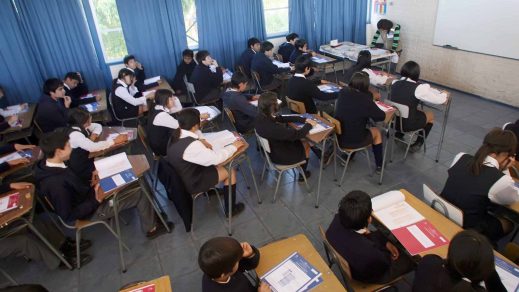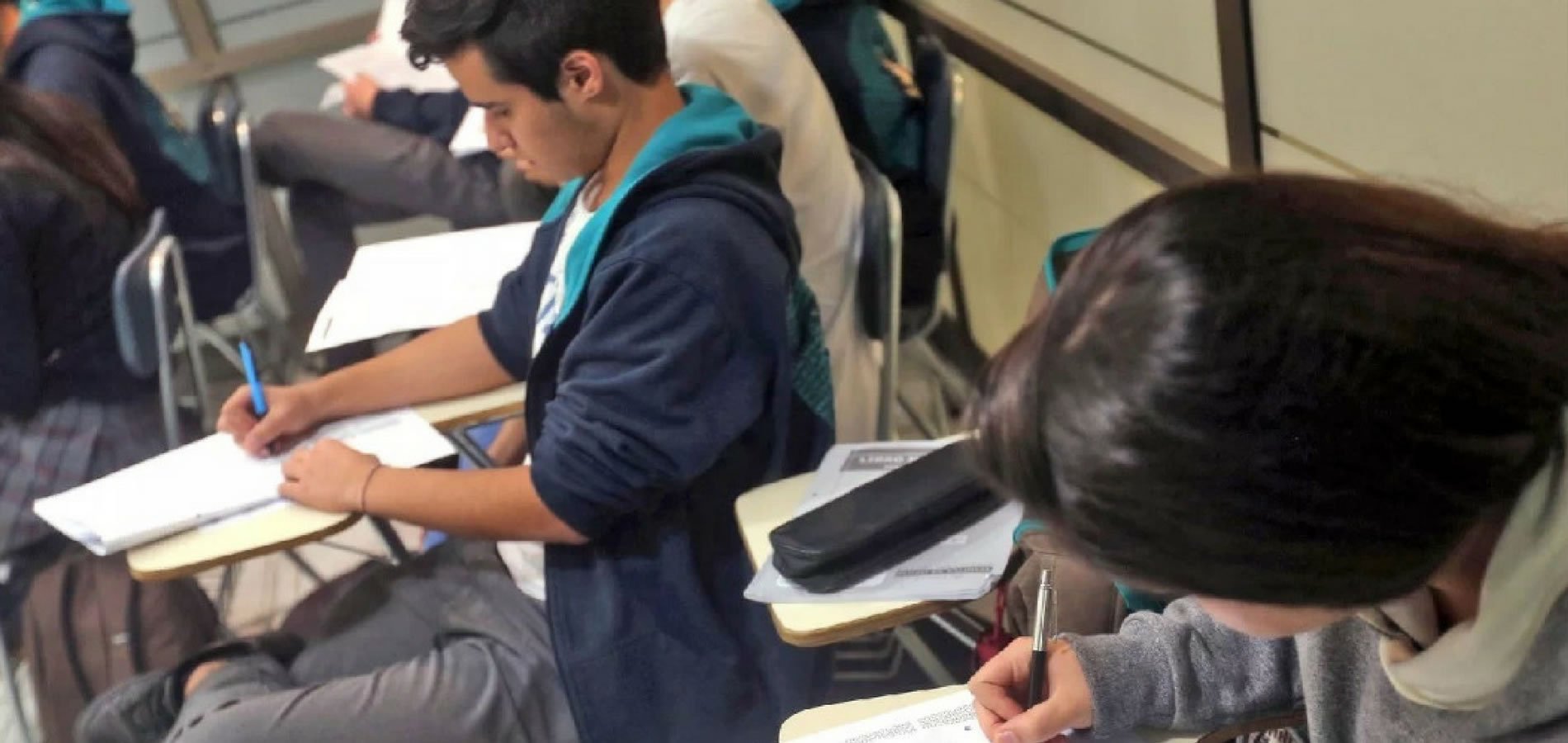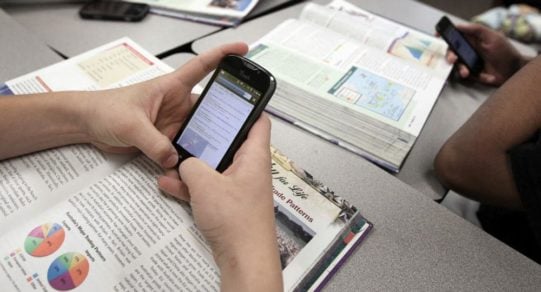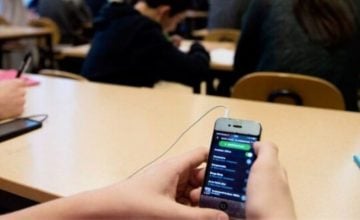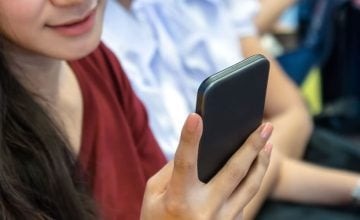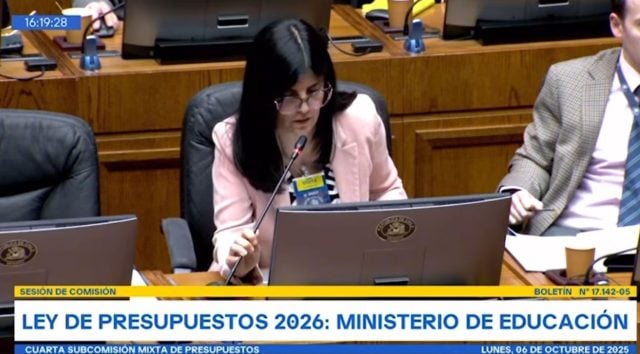Original article: Chile: Comisión de Educación del Senado aprobó en particular proyecto que prohíbe celulares en colegios
The bill that «regulates and prohibits the use of personal electronic communication devices in educational establishments» is now ready for a vote in the Senate chamber, following specific approval from the Senators on the Education Committee.
This initiative is currently in its second legislative stage. A significant change introduced in this phase was the expansion of the ban to cover all three levels of education: preschool, basic, and secondary. It’s noteworthy that the original proposal aimed to ban devices from preschool to 7th grade while allowing regulated use from that level up to 4th year of secondary education.
According to the Senate press release, the key provision states that «cell phone use is prohibited in classrooms, and regulations from the different educational institutions must establish the necessary measures to enforce this ban.»
Exceptions
The bill sent to the Senate chamber includes exceptions to this prohibition:
• If a student has special educational needs, where appropriate use of mobile technology is considered a technical aid to their learning. This condition must be substantiated by the student’s parent or guardian through a certificate from a qualified professional.
• In the event of an emergency, disaster, or catastrophe.
• If the student has a medical condition requiring regular monitoring via mobile technology.
• When mobile devices are deemed helpful for teaching based on the nature of the curriculum or extracurricular activities in basic or secondary education institutions.
• If a parent or guardian requests its temporary use based on justified personal or family safety reasons for the student.
«The prohibition applies during instructional activities within the classroom and extends to all members of the educational community, except in cases of exceptions as defined by law,» the Senate report adds.
However, for secondary education, school regulations may provide designated spaces, times, or specific activities where mobile device use is permitted. Finally, the initiative also includes that «information on responsible use and associated risks should be promoted, fostering educational instances that prevent misuse or the commission of offenses through these means.»
Continue reading:
El Ciudadano
